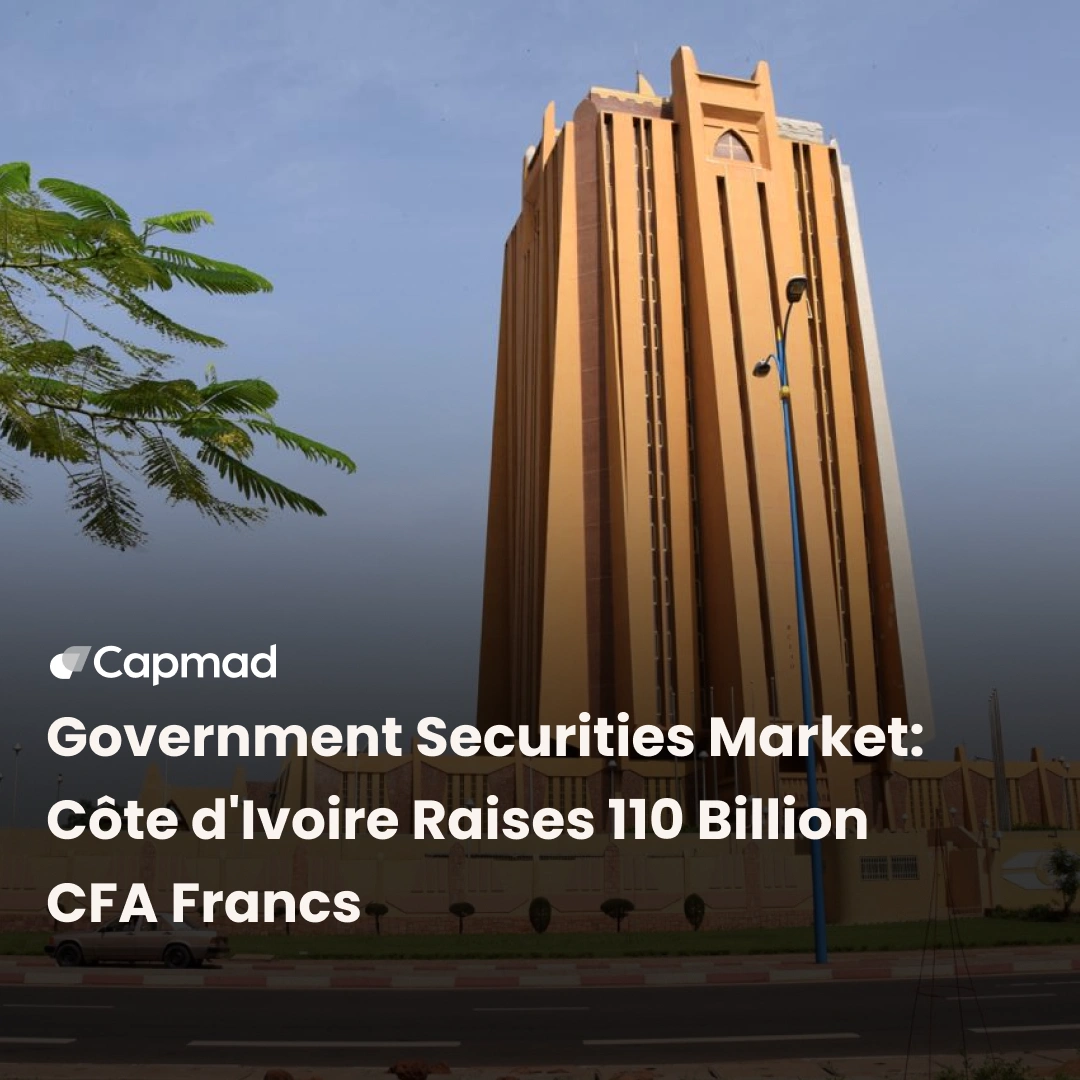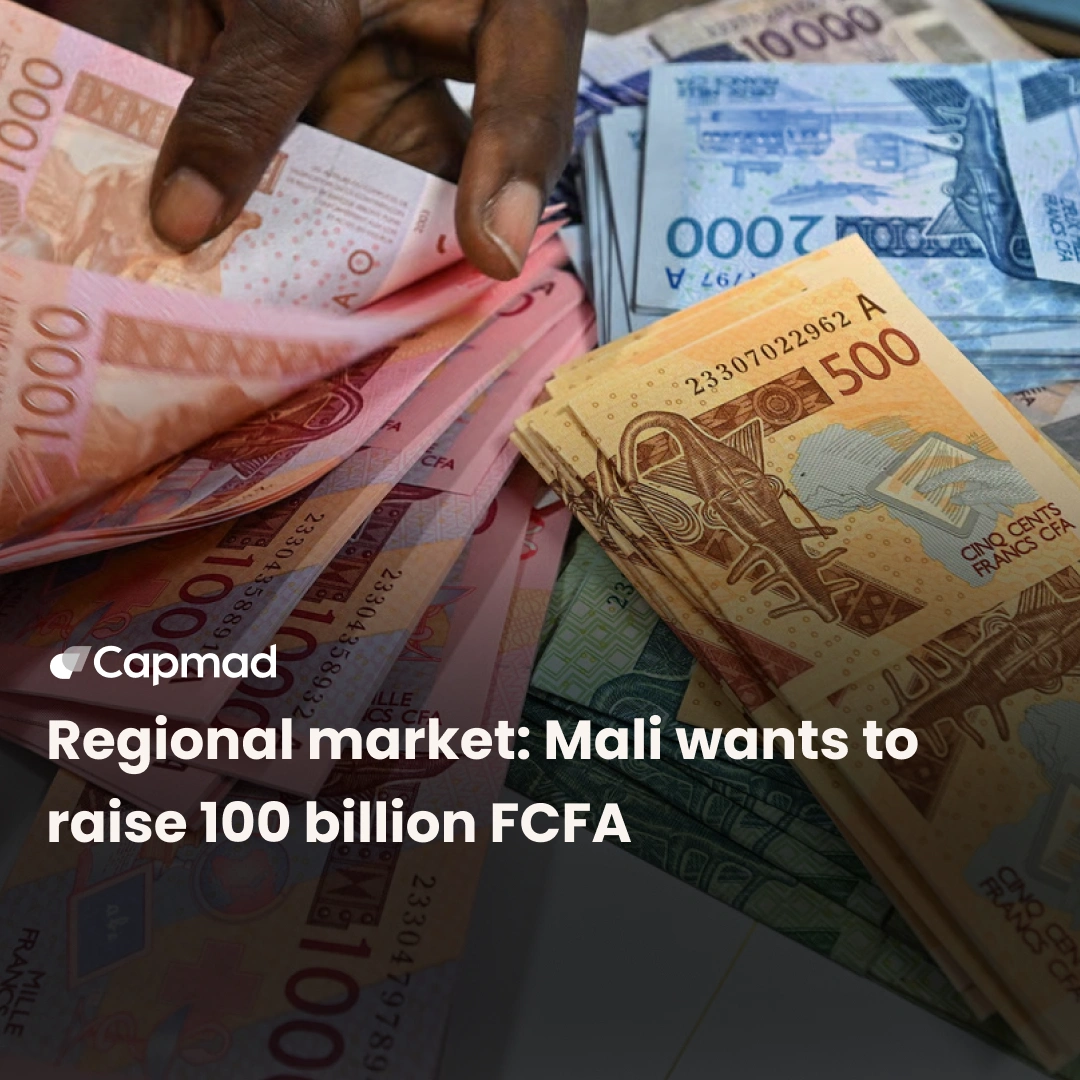In 2024, Morocco reached a significant milestone in its fiscal management, recording record tax revenues of 28.8 billion EUR. This figure, representing a substantial increase compared to previous years, reflects the Moroccan government’s efforts to strengthen its tax system and improve tax collection.
What are the factors that contributed to this performance? What are the economic and social implications of this increase in tax revenue? And what are the challenges to be addressed to maintain this momentum? Let’s take a look at Capmad.
Moroccan Economic Context
Morocco, with a population of about 37 million inhabitants, has experienced sustained economic growth in recent years. According to the High Commission for Planning (HCP), Morocco’s GDP is 140 billion EUR in 2023, with a growth forecast of 3.5 % for 2024. This economic growth is accompanied by an increase in foreign investments, diversification of economic sectors, and an improvement in the business environment.
Key Figures on Tax Revenue
Revenue Increase : Tax revenues of 28.8 billion EUR in 2024 represent a 12 % increase compared to 2023 when they amounted to about 25.7 billion EUR. This increase is attributed to several factors, including improved tax compliance and the broadening of the tax base.
Revenue Breakdown: In 2024, tax revenues are distributed as follows:
- Income Tax : 9 billion EUR
- Corporate Tax : 7 billion EUR
- Value-Added Tax (VAT) : 8 billion EUR
- Other taxes and contributions : 4.8 billion EUR
Compliance Rate: The tax compliance rate increased, reaching 85% in 2024, compared to 78 % in 2023. This improvement results from increased efforts to raise taxpayer awareness and strengthen tax controls.
Factors Contributing to Revenue Increase
Several factors contribute to the increase in tax revenues in Morocco.
- Tax Reforms : The Moroccan government has implemented reforms aimed at simplifying the tax system, broadening the tax base, and improving tax collection. These reforms included the digitization of tax services, making it easier for taxpayers to pay their taxes.
- Economic Growth : Sustained growth of the Moroccan economy has also played a crucial role. The increase in economic activities, particularly in the tourism, agriculture, and industrial sectors, has led to higher tax revenues.
- Combating the Informal Economy : The government is intensifying its efforts to formalize the informal economy, which accounts for about 20% of Morocco’s GDP. By integrating more businesses into the tax system, Morocco has been able to increase its revenues.
Economic and Social Implications
The increase in tax revenues has significant implications for the Moroccan economy.
- Public Investments : With higher tax revenues, the government has additional resources to finance infrastructure, education, and healthcare projects. In 2024, the public investment budget was increased by 15 %, reaching 10 billion EUR.
- Debt Reduction : The increase in tax revenues also contributes to reducing the budget deficit and public debt. In 2024, the public debt-to-GDP ratio decreased, reaching 65%, compared to 70% in 2023.
- Improvement of Public Services : Increased tax revenues also allow for the improvement of public services, particularly in healthcare and education. The government announced a 20% increase in spending in these sectors in 2024.
Challenges to Address
Despite these positive results, Morocco faces several challenges to maintain this momentum.
- Informal Economy : Although progress has been made, the informal economy remains a major challenge. The government must continue implementing policies to encourage the formalization of businesses and improve tax compliance.
- Social Inequalities : The increase in tax revenues should not come at the expense of social inequalities. The government must ensure that the benefits of economic growth are distributed equitably and that vulnerable populations are supported.
- Global Economic Changes : Global economic fluctuations, such as commodity price increases and geopolitical uncertainties, can affect Morocco’s economic growth and, consequently, its tax revenues. The country must diversify its economy to reduce its dependence on certain sectors.
Morocco has reached an important milestone by achieving record tax revenues in 2024. This performance results from sustained efforts to improve tax collection, broaden the tax base, and strengthen compliance. The economic implications of this increase are significant, offering opportunities for increased public investments and improved services.
However, the country must also address important challenges to ensure that this momentum continues and that the benefits of growth are shared equitably. By continuing its tax reforms and addressing social inequalities, Morocco can continue to progress towards a sustainable and inclusive economic future.






